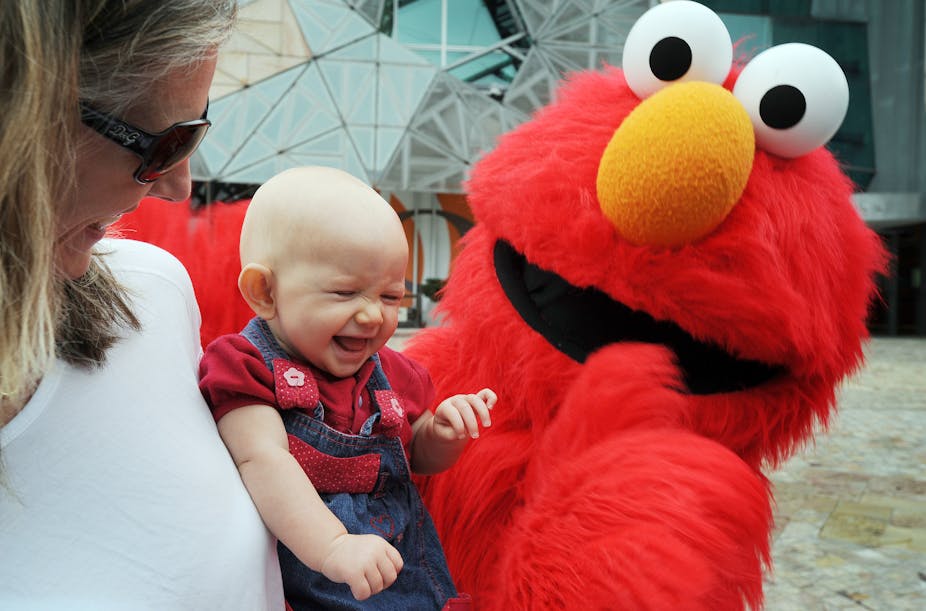Branding that’s targeted at children can make healthy food a more attractive option than unhealthy food, according to a new US study.
Researchers from Cornell University found that a sticker of the popular character Elmo was associated with children increasing their choice of an apple over a cookie during school lunchtime.
“There is concern over what impact branded products in lunchrooms might have on children’s selection of food. In contrast, this study suggests that the use of branding or appealing branded characters may benefit healthier foods more than indulgent, more highly processed foods,” the authors wrote in an article published in Archives of Pediatrics & Adolescent Medicine.
The study included 208 children between the ages of 8 and 11, and involved the children being offered the choice of an apple or a cookie alongside their regular lunch.
The study found the children were more likely to choose an apple when the Elmo icon was on it than when there was no icon, and there was no effect of the Elmo icon on the cookie. The Elmo sticker led children to nearly double their apple choice compared to the pretest control session where both items were offered without a sticker.
“Putting fun figures and cartoon characters on food certainly sells to kids” said Deakin University professor of public health, Boyd Swinburn. “It’s good to see it applies to healthy food and it’s quite a big effect size.”
The challenge, experts say, is competing with the companies and marketers that have big budgets to help sell processed food.
A 2007 study at the Johns Hopkins Bloomberg School of Health found children chose foods wrapped in McDonalds packaging over the same snacks wrapped in unmarked packaging.
“The problem is that most of these things have to be paid for and the fruit growers don’t have any money,” said Rosemary Stanton, nutritionist and visiting fellow at University of New South Wales.
“All of those branded things are popular, but they cost money so we need somebody to be altruistic,” Dr Stanton said. She added that there could also be problems with licensing, given almost all the characters that are popular with children are also licensed.
Dr Stanton said companies that use athletes to sell their product pay them hundreds of thousands of dollars because they know they will get it back.
“Any Olympic athlete willing to volunteer?” Dr Stanton asked.

